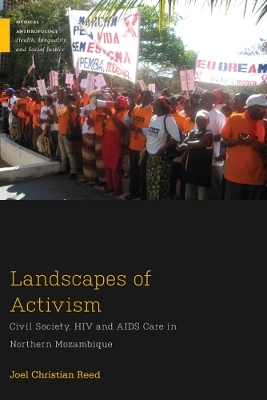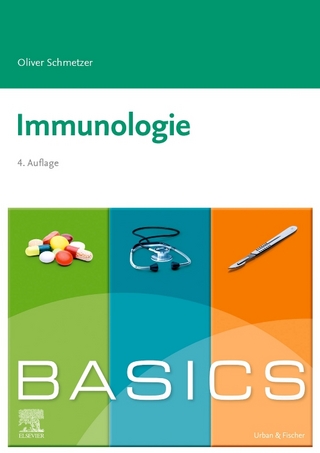
Landscapes of Activism
Civil Society, HIV and AIDS Care in Northern Mozambique
Seiten
2018
Rutgers University Press (Verlag)
978-0-8135-9670-9 (ISBN)
Rutgers University Press (Verlag)
978-0-8135-9670-9 (ISBN)
AIDS activists are often romanticized as extremely noble and selfless. However, the relationships among HIV support group members highlighted in Landscapes of Activism are hardly utopian or ideal. The product of in-depth ethnography and focused anthropological inquiry, this is the first book on AIDS activists in Mozambique.
AIDS activists are often romanticized as extremely noble and selfless. However, the relationships among HIV support group members highlighted in Landscapes of Activism are hardly utopian or ideal. At first, the group has everything it needs, a thriving membership, and support from major donors. Soon, the group undergoes an identity crisis over money and power, eventually fading from the scene. As government and development institutions embraced activist demands—decentralizing AIDS care through policies of health systems strengthening—civil society was increasingly rendered obsolete. Charting this transition—from subjects, to citizens, and back again—reveals the inefficacy of protest, and the importance of community resilience. The product of in-depth ethnography and focused anthropological inquiry, this is the first book on AIDS activists in Mozambique. AIDS activism’s strange decline in southern Africa, rather than a reflection of citizen apathy, is the direct result of targeted state and donor intervention.
AIDS activists are often romanticized as extremely noble and selfless. However, the relationships among HIV support group members highlighted in Landscapes of Activism are hardly utopian or ideal. At first, the group has everything it needs, a thriving membership, and support from major donors. Soon, the group undergoes an identity crisis over money and power, eventually fading from the scene. As government and development institutions embraced activist demands—decentralizing AIDS care through policies of health systems strengthening—civil society was increasingly rendered obsolete. Charting this transition—from subjects, to citizens, and back again—reveals the inefficacy of protest, and the importance of community resilience. The product of in-depth ethnography and focused anthropological inquiry, this is the first book on AIDS activists in Mozambique. AIDS activism’s strange decline in southern Africa, rather than a reflection of citizen apathy, is the direct result of targeted state and donor intervention.
JOEL CHRISTIAN REED is a medical anthropologist and epidemiologist from Lexington, Kentucky. He currently works with the USAID-funded Demographic and Health Surveys (DHS) Program.
List of Tables and Figures
List of Abbreviations
Introduction - The Eye of Fátima
1 - Studying HIV and HIV Positive Persons
2 - “Movements” of the Past – Mozambique, Caridade, and Treatment in Africa
3 - AIDS Associations in Cabo Delgado Province
4 - Challenges to HIV/AIDS Activism in the “Sub-universe” of Cabo Delgado
5 - The (Dis)Integration of the Day Hospitals
6 - Biosocial Governmentality
References
About the Author
Index
| Erscheinungsdatum | 06.09.2018 |
|---|---|
| Zusatzinfo | 9 figures |
| Verlagsort | New Brunswick NJ |
| Sprache | englisch |
| Maße | 152 x 229 mm |
| Gewicht | 463 g |
| Themenwelt | Medizin / Pharmazie ► Allgemeines / Lexika |
| Medizin / Pharmazie ► Gesundheitswesen | |
| Studium ► Querschnittsbereiche ► Infektiologie / Immunologie | |
| Studium ► Querschnittsbereiche ► Prävention / Gesundheitsförderung | |
| Sozialwissenschaften ► Ethnologie | |
| Sozialwissenschaften ► Soziologie ► Spezielle Soziologien | |
| ISBN-10 | 0-8135-9670-X / 081359670X |
| ISBN-13 | 978-0-8135-9670-9 / 9780813596709 |
| Zustand | Neuware |
| Haben Sie eine Frage zum Produkt? |
Mehr entdecken
aus dem Bereich
aus dem Bereich
Buch | Softcover (2023)
Lehmanns Media (Verlag)
19,95 €


